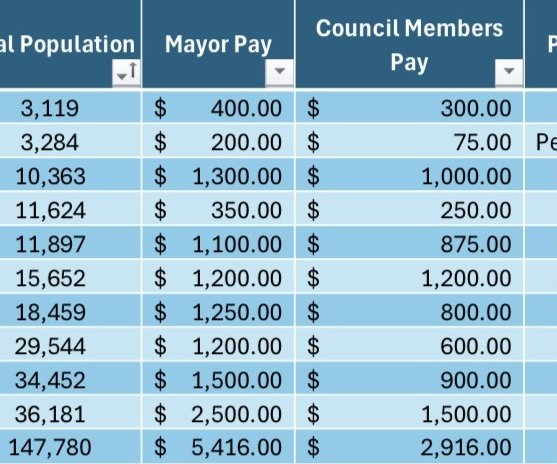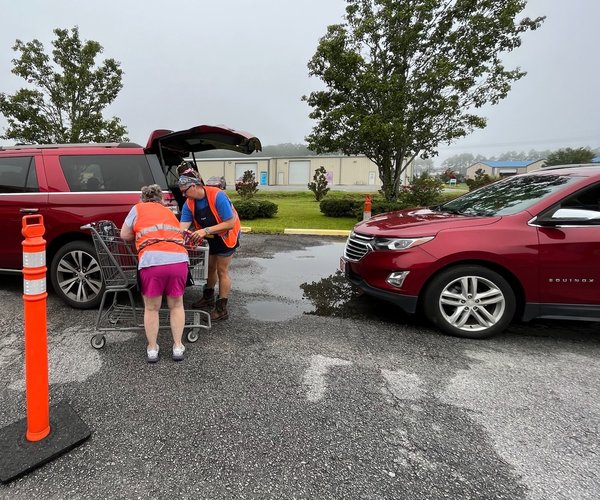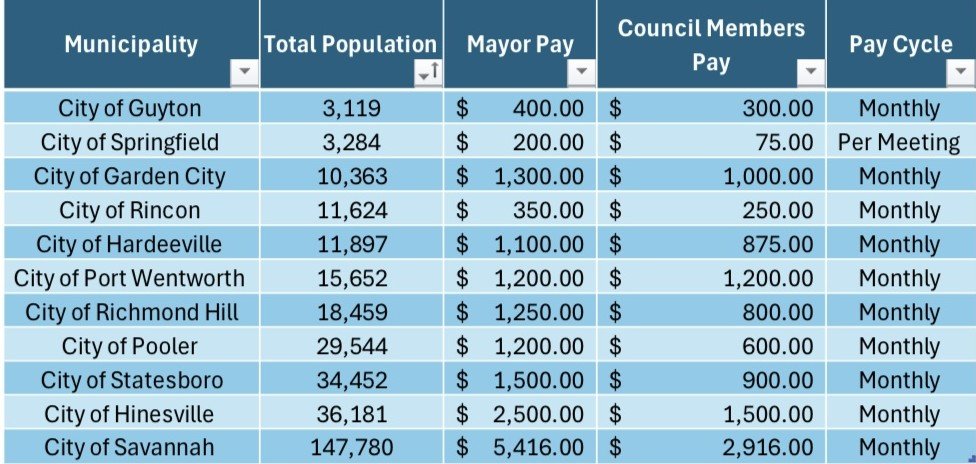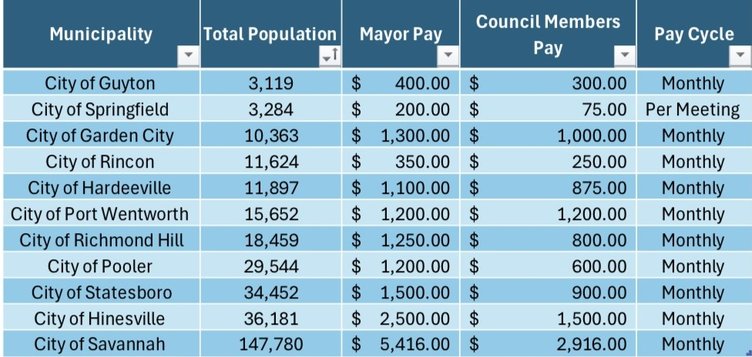The debate over a possible timber operations ordinance likely will continue, after commissioners batted it around at their meeting last Tuesday.
Commissioners discussed but did not take action on a proposed timber operations ordinance that would have required timber harvesters to notify county officials before beginning to cut timber.
“This is much more than I ever anticipated,” Steve Mason said of the ordinance. He added logging operators had approached him about a possible measure to protect the county’s roads.
But other commissioners worried about its implications and believed the 12-page document went too far.
“I don’t agree with any of it,” Commissioner Reggie Loper said. “I think this is terrible. I say do away with the whole 12 pages and start over.”
Commissioner Vera Jones wondered if the ordinance’s requirements would lead to county offices asking for more personnel to handle the permit process.
What’s happening to some roads in the county, Mason explained, is that the logging trucks are turning onto roads not wide enough to handle their size, and as a result, the laden trucks are breaking off the road’s shoulder as they make their turn.
“Big loggers say this is part of doing business,” Mason said. “What we’re really after is, ‘who is the responsible authority?’ The goal for me was to try to create a record so the loggers and land owners know there are certain expectations and they are going to be held responsible for damages.”
Most loggers are mindful of the county roads, Mason said. But it’s the smaller logging operations, harvesting smaller tracts and also evading paying timber taxes, that are causing problems.
County staff researched the timber ordinances from several nearby counties. Only Bryan from area counties does not have such an ordinance, according to Mason.
Under the stipulations of the proposed ordinance, timber harvesters would notify the tax commissioner’s office 48 hours before the timber cutting commences. The tax commissioner would then notify the public works department to inspect the site and alert the tax assessor’s office to anticipate the timber tax.
The timber operators would then notify the tax commissioner’s office once their harvesting is complete. Under the proposal, a $5,000 surety bond or letter of credit which would be good for one year would be required. The notice to the tax commissioner also will include a map of the area to be cut and how crews will get in and out of the property. It also asks for a temporary exit, a driveway with proper drainage structures and signs 500 feet in either direction on the road indicating logging is taking place.
“This would be a wholesale change on how timber operators do business in Effingham County,” said county director of community relations Adam Kobek.
But Steve Collins, who said he’s been in the logging business for more than 30 years, told commissioners he doesn’t see the need for a change in how timber business is conducted in Effingham.
“I strongly disagree with this ordinance,” he said. “I think it ought to be thrown in the trash.”
Collins said he’d love for commission Chairman Wendall Kessler to “ride with me and look at Laurel Tree Road and tell me where the logging crew tore it up, opposed to the car traffic, as opposed to the farmer.”
He also argued that the ordinance would mean more growing of the government “and I’m against that.”
Dennis Ansel, who showed commissioners pictures of Old Louisville Road after loggers traversed it following a heavy rain and lobbied the commissioners to address the issue.
Ansel said he was concerned that if he needed to call an ambulance for his elderly in-laws that it wouldn’t be able to get to them.
“I’m not asking for taxes,” he said. “When my road became impassable, I called the county public works and asked what you could do and they said nothing.”
Ansel asked if there was anything the county could do to halt logging activities if the condition of the road deteriorates.
“I’m asking for the ability to stop that right there, or have a plan to make the road passable,” he said. “I really don’t care, as long as they keep the road in condition.”
Collins retorted that the county put clay on Old Louisville Road and the road, as a result of the heaviest rains in more than a decade, became impassable.
Kobek said the damage to county roads from logging operations could be handled through the courts, but it would be difficult to prosecute.
“You have to take pictures before and after to make sure that guy did it,” he said.
The county’s public works department, Mason asserted, needs to have the authority to stop a logging operation if it is deemed the log trucks are damaging a county road.
“We certainly don’t have the money budgeted to repair roads like this,” he said, “especially if we can do something to give our public works teeth to make them stop from making it worse.”








